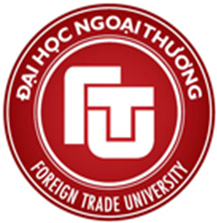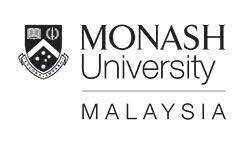In 2023 we invite Asian business leaders to participate in our survey. The survey builds on previous work by Michael A. Witt and colleagues that opened a new debate about the role of executive rationale for inclusive growth in different institutional contexts:
More research is needed to examine how leaders’ values and orientations affect their propensity to engage in activities that contribute to the welfare of their various stakeholders, and how these processes vary across different cultural and institutional contexts
Witt & Stahl, 2016
Because senior managers occupy the most important role in the arena of business decision-making, it is pivotal to understand how Asian managers look at the role of business for society. The survey inquires about respondents’ beliefs of how business decisions are currently made (the “is”), versus their personal sentiments of how decisions should be made (the “ought to be”). The survey is structured along three dimensions:
- Stakeholders: who are the company’s main beneficiaries?
- Purpose: what is the main reason for the company’s existence?
- Management drivers: which principles should guide the company’s decision-making processes?
Our survey will prompt important insights for the enactment of responsible leadership and long-term inclusive growth in Asia.

Sampling
Asia is characterized by wide institutional variety. To ensure a well-rounded representation of Asian economies, we utilize the Asian business systems framework developed by Witt & Redding (2013). This framework categorizes Asian business systems into five distinct types. These systems exhibit notable differences in terms of GDP, cultural norms, institutional structures, and stages of economic development. Our research will be the first of its kind to encompass all five types within a single study. The data collection process involves a unique collaboration between local investigators from renowned universities in the region.
Advanced Northeast business system
south korea
Local investigator
Prof. Hyun Shin
Hanyang University

Japanese business system
japan
Local investigator
Prof. Lailani Alcantara
Ritsumeikan Asia Pacific University

Post-Socialist business system
vietnam
Local investigator
Prof. Le Ha
Foreign Trade University

Emerging Southeast business system
malaysia
Local investigator
Prof. Niaz Asadullah
Monash University Malaysia

City State business system
Singapore
Local investigator
Prof. Joo Seng Tan
Nanyang Technological University

Data collection is currently ongoing and is estimated to be completed in Q3 2023.
For further inquiries about the study please contact our lead researcher, Dr. Krul.
Further reading
- Redding, G., & Witt, M. A. (2015). Advancing Indigenous Management Theory: Executive Rationale as an Institutional Logic. Management and Organization Review, 11(2), 179–203.
- Waldman, D. A., & Galvin, B. M. (2008). Alternative Perspectives of Responsible Leadership. Organizational Dynamics, 37(4), 327–341.
- Witt, M. A., & Redding, G. (2009). Culture, meaning, and institutions: Executive rationale in Germany and Japan. Journal of International Business Studies, 40(5), 859–885.
- Witt, M. A., & Redding, G. (2012). The spirits of corporate social responsibility: Senior executive perceptions of the role of the firm in society in Germany, Hong Kong, Japan, South Korea and the USA. Socio-Economic Review, 10(1), 109–134.
- Witt, M. A., & Redding, G. (2013). Asian business systems: institutional comparison, clusters and implications for varieties of capitalism and business systems theory. Socio-Economic Review, 11(2), 265–300.
- Witt, M. A., & Stahl, G. K. (2016). Foundations of Responsible Leadership: Asian Versus Western Executive Responsibility Orientations Toward Key Stakeholders. Journal of Business Ethics, 136(3), 623–638.